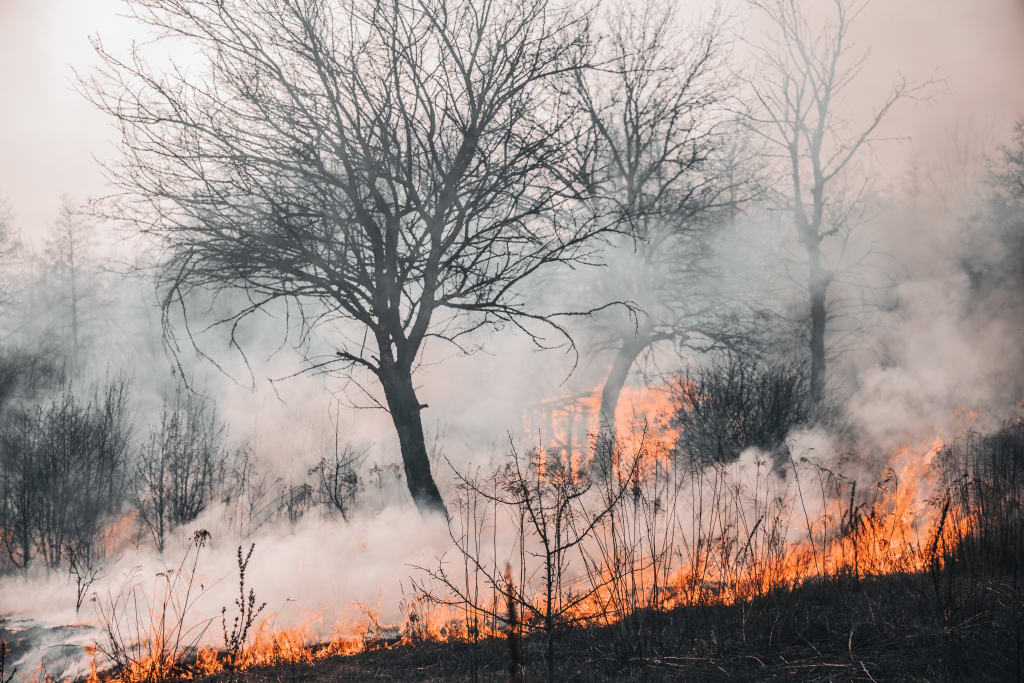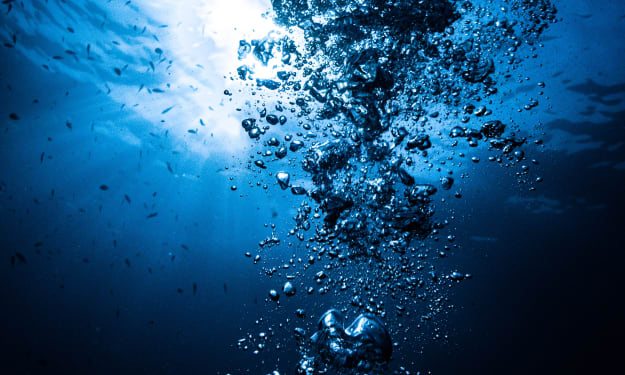Hawaii Wildfire Spreading Across Muai
Worst natural disaster

Wildfires on Vancouver Island in Canada's west coast have sent toxic smoke across the country, creating apocalyptic scenes. While such fires are common in the region during the summer months, it is the earlier and more ferocious fires on the east coast that have startled residents. The largest blaze in Nova Scotia's history occurred in remote Barrington Lake, as warm and dry conditions turned the forest into a tinderbox. Houses were torched, and communities unaccustomed to climate change-induced temperatures were suddenly forced to evacuate. Canadian cities like Ottawa have been blanketed in thick orange smog as hundreds of fires raging across Ontario and Quebec have sent noxious fumes south, not just to Canada but also to America. The normally razor-sharp iconic skyline of New York City is now a smoky blur, and air quality due to the wildfires is the worst in decades. Flights and baseball games were canceled, and a show on Broadway was even momentarily halted after an actress had difficulty breathing on stage.
Canada has seen the worst start to its wildfire season, with more than 400 fires burning, nearly 250 of them out of control, across both the west and east coasts of the country, sending a smoky haze billowing into the United States. Hazardous levels of pollution in New York and Philadelphia have stretched further south into Washington D.C., the Carolinas, and the Midwest. A low-pressure weather system is continually pulling the smoke from Canada all across America's east coast, blanketing some of America's most densely populated cities.
Environmental scientist Dr. Dan Nishor from the University of Quebec at Montreal explains that the hardwood trees, or deciduous trees, contain a lot of water in their leaves, and in the northern environments where the fires are spreading, many leaves haven't come out yet. It is the coniferous forests that burn rapidly that are still there, making the fires hotter and more dangerous than they usually are later in the summer. The typical fire season is when things are much drier, and the snow has melted a lot earlier. Climate change is causing longer fire seasons, and the ground is drying out, making it difficult to hold back or slow down the fires.
Dr. Nishor believes that the probability of these events will increase, and we will see them more and more frequently. Western Canada is already suffering more, but as we're seeing in this current condition, even Eastern Canada, where there are higher levels of precipitation, is not invulnerable to extreme conditions like those experienced this year. The Canadian forests are the lungs and water pumps of the Earth, and if we burn them or cause them to dry out through droughts, there will be less water going to the atmosphere, and therefore less water falling back down, which is another retroaction or feedback into the system, as well as the carbon that's being put into the atmosphere.
Two peer-reviewed scientific papers released today tell us where we are now and where we're headed. The first says that greenhouse gas emissions have already reached an all-time high, and the remaining carbon budget, the amount of carbon we can still release into the atmosphere if we're to stay within our climate targets, is likely to be breached within the next few years, certainly by the end of the decade. The second paper looks to the future and assesses national net-zero pledges, finding that 90% of them are not credible because they're not backed up with concrete policy, legally binding, or both.
The foreign minister's COP 28 conference taking place in Bonn, Western Germany, is a preparatory meeting for the next COP climate conference in the UAE. The conference is controversial because its president is also running one of the largest oil companies in the world, and the big conversation is going to be if countries can agree to phase down all fossil fuels. Many people are concerned that this will be a hard sell when the person stewarding the whole process is also running one of the largest oil companies in the world.
The wildfires in Canada and the resulting toxic smoke are a stark reminder of how vulnerable we are to nature's teeth. The scenes are proof yet again that climate change is real, and we need to take concrete action to reduce greenhouse gas emissions and protect our planet.
About the Creator
Enjoyed the story? Support the Creator.
Subscribe for free to receive all their stories in your feed. You could also pledge your support or give them a one-off tip, letting them know you appreciate their work.






Comments
There are no comments for this story
Be the first to respond and start the conversation.